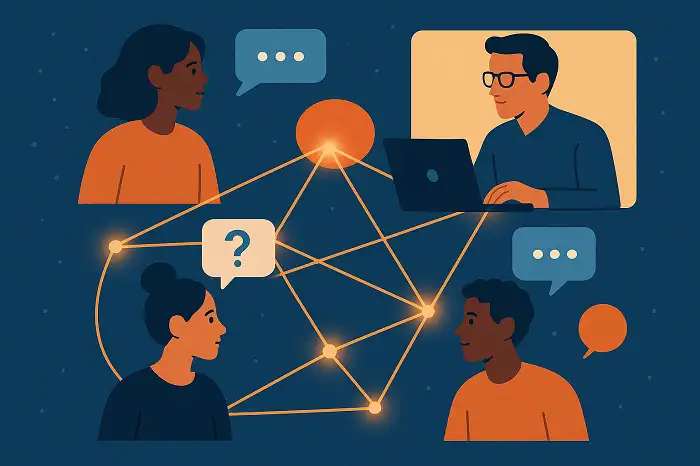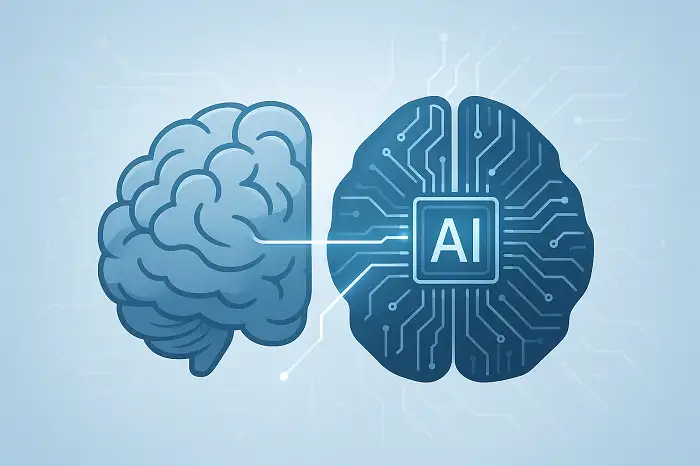IELTS Listening Practice Critical Thinking IELTS Listening Practice Critical Thinking About this activity This activity is labeled round table by Dr. Hariri, the creator and administrator of LELB Society. This activity is on the premise of Flipped Learning, according to which the students watch a video before the class, carry out research into the selected theme, and prepare themselves for an informed discussion in the class. This activity is on the basis of both synchronous and asynchronous computer-mediated communication (CMC), according to which the students are also encouraged to be active even before the class. In this flipped classroom activity, the students are encouraged to utilize the comment form at the bottom of the post to to exchange their questions, findings, and experiences with each ...
Home » Listening Practice in English » IELTS Listening Practice Critical Thinking

IELTS Listening Practice Critical Thinking
Updated: by Dr. Mohammad Hossein Hariri Asl
Time to Read: 5 minutes | 363 Views | 23 Comments on IELTS Listening Practice Critical Thinking
Share This Post
About the Author
Dr. Mohammad Hossein Hariri Asl is an English and Persian instructor, educator, researcher, inventor, published author, blogger, SEO expert, website developer, entrepreneur, and the creator of LELB Society. He's got a PhD in TEFL (Teaching English as a Foreign Language).
Number of Posts: 4242



8. What is the meaning of ” to sift through”?
Sift through a sea of information means to examine and re-examine a large body of information to test its accuracy.
Punctuation Use:
” to sift through” ➡ “to sift through”
7. What is the meaning of “bombarded”?
Bombarded means overwhelmed or engulfed by something. Of course, its meaning might slightly change with reference to the context in which this word is used.
6. How to gather idea?
This is a question form that appears only in titles. You should reword it in this way, for instance:
How should we gather information accurately?
5. What does the following statement imply? [Time 4:01]
4. Make a list of the 5 fundamental principles of promoting critical thinking.
To make basic questions,
Let your mind ask questions continuously,
Evaluate the subject,
Make opposite questions (X causes Y: change to Y causes X),
Analyse the subject.
Sometimes my basic questions seem funny, however, could help me to go forward. Then, we have our own questions which are not similar to others necessarily.
That is completely true. The very process of posing questions, especially to ourselves, can open up our eyes and minds to the problems. When the why of the problems and issues is solved, the how of them would definitely become a lot easier for us, and question development can serve us tremendously in this response.
3. What does the following expression imply? [Time 1:05]
Available for you to use it at any time
Precisely. Thanks a lot.
How could we state the same meaning of the expression for humans? when you think you have her/him. you might not see them or contact them often, but you consciously feel sedate when they are there. Is there any expression to reply this emotional part of us?
Thank you
Yes, sure. You could say:
I appreciated it.
It’s my pleasure. Anytime.
2. What are the advantages of critical thinking?
Based on my experience, critical thinking gives us an opportunity to have a notebook of ideas, and to make brainstorming as well.
Absolutely! Brainstorming is actually one of the precious byproducts of practicing critical thinking.
1. How can we formulate our questions?
Formulating critical questions through critical thinking involves breaking down complex issues and examining them from multiple angles. Start by identifying the core components of the topic and asking open-ended questions that encourage deeper exploration, such as “Why is this important?” or “What are the underlying assumptions?” Focus on seeking clarity and understanding the connections between ideas. Evaluate evidence and consider the implications of different perspectives. By systematically questioning and reflecting, you can develop insightful and meaningful questions that drive critical analysis and informed decision-making.